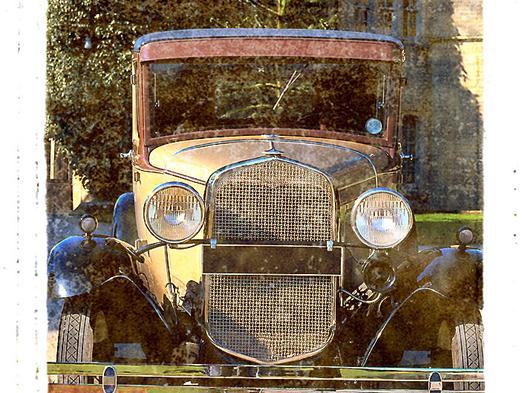“So, you're a Mechanic”
maintain, and service cars, trucks, boats, or
just about anything with a motor. But,
sometimes the title or the term “mechanic”
can have different connotations attributed
to it. Like having a conversation with
someone and they mention, “Oh yea, my
cousin is a mechanic”. When they actually meant
to say, “While I was at his house, I saw him
under the hood of his car with a bunch of
tools.” Or to the other extreme, “Oh, so
you're a mechanic”. But what they really wanted
to say is, “You're one of those guys who take advantage of
the unsuspecting public”.
(Honestly, a box of wrenches doesn’t make you anymore a mechanic than a stethoscope makes you a doctor.)
As far as professional trades go, being a mechanic isn't always on the top of the list of aspiring career choices. It might be because there's still that stigma in some circles that the word “mechanic” denotes a derogatory response or a mental image of an overalls wearing redneck, covered in grease with a wrench hanging out of his back pocket. If that's your stereotypical mechanic, you've been catering to the wrong kind of repair shops. Today, a mechanic has to have a background in electronics, hydraulics, fluid dynamics, computer systems, as well as the mechanical systems. Sure, the grease is still there, but a mechanic these days is a highly educated field.
Maintaining a car has nothing to do with being a mechanic, although knowing a good mechanic certainly can add to the life of your car. Understandably, the longevity of any car depends on how well you maintain it. I personally have an old rusted ride that I take back and forth on my daily commute. I affectionately call the old beast, “Gerdie”. It's a 1984 Toyota 4x4 pickup. No lift kit, no huge woofer behind the seat, no big giant growling tires... nope... just a plain old pickup with the 22R engine. It's not going to win any beauty prizes, but it purrs like new, shifts like new, and still has cold air. If you were traveling down the road and saw this hunk of scrap iron, you'd swear this relic should run and drive the way it looks... well... “Don't judge a book by its cover”, it's owned by a mechanic.
Of course, the statement that gets me riled up the most is, “You're a mechanic, and you guys know how to make it last just long enough for the warranty to run out.” Really? I'd like to know how you've figured that out. Is this based on some sort of mythical knowledge that I'm supposed to have? You know, if I could make a car breakdown at a specific point in time I would be standing at your front door with tools in hand just waiting for my chance to fix it.
There's even the flip side of this whole “mechanic” conundrum. A customer will bring in some sort of weird project, say an ancient motor of eons ago, or some off the wall mechanical device and expect me to know all about it. How’s that possible? I don’t know everything about every mechanical thing ever made… Oh, wait… that’s right, “I’m a mechanic”.
I can just imagine these future complications. The consumer will say, “Oh but the car already told me what’s wrong; you're “just” the mechanic, so fix it.” And, if the car is wrong... what then? That’s a whole new problem to deal with. In the meantime, service work and the upkeep of the family jalopy is still something the consumer and the mechanic have to deal with.
